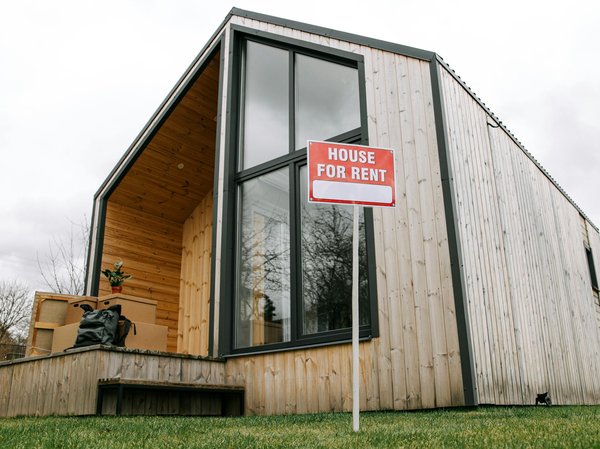Explore Our Coverage
From mortgage trends to market analyses, discover the topics that shape your financial decisions

Why Readers Trust TheSurrealEstate
We deliver comprehensive coverage of the financial and property landscape, breaking down complex topics into accessible insights that empower informed decision-making.
- Daily market updates and property trend analyses
- In-depth guides on mortgages, credits, and banking
- Expert commentary on economic shifts and policy changes
- Practical resources for first-time buyers and investors
Latest articles
Our recent publications

Mastering Skyscraper Approvals: Creative Tactics for Securing Planning Permissions in London
Navigating the planning permission landscape for skyscraper projects in London can be challenging due to complex London ...

Mastering Property Tax Appeals in Oxford: A Step-by-Step Guide to Navigating Assessments
Navigating the world of property tax assessments in Oxford can initially appear daunting, but breaking down the componen...

Mastering Financial Duties for UK Property Owners in Protected Conservation Zones
Property ownership in UK conservation zones brings unique financial duties. Understanding these responsibilities is cruc...

Mastering Accidental Damage Claims: The Ultimate UK Home Insurance Guide
Exploring the concept of accidental damage is pivotal to understanding its role within home insurance policies. Accident...

Maximize Your UK Home's Value: The Ultimate Guide to Boosting Returns with Solar Energy Investments
Introducing solar energy into your home provides numerous benefits, particularly within the UK market. Solar energy harn...

Mastering UK Real Estate: Proven Strategies for Efficiently Handling Property Depreciation
Property depreciation is a decline in a property's value over time. Several causes contribute to this, including physica...

Master Remote UK Property Management: Your Definitive Overseas Guide to Efficient Real Estate Oversight
Navigating remote property management is central to maintaining UK real estate oversight, particularly for owners residi...

Mastering Funding: Key Techniques for Financing Major UK Property Repairs
Navigating the funding options for property repairs can be daunting, as a variety of financing techniques are available....

Maximize Rental Profits: A Complete Legal Guide to Subdividing Property in the UK
Property Subdivision in the UK offers numerous benefits, particularly by increasing potential rental income. This proces...

Mastering Financial Hurdles in Your UK Farmhouse Renovation: The Definitive Success Guide
Renovating a farmhouse in the UK presents unique financial challenges that can be daunting. Common hurdles often include...

Leverage Your Home's Value: The Ultimate Guide for UK Homeowners to Tap Into Equity for Your Next Property Purchase
Home equity is the portion of a property that the homeowner truly owns, unburdened by any mortgage. It's calculated by s...

Mastering Lease Negotiations: Key Strategies for UK Renters in a Challenging Rental Market
The UK rental market is ever-evolving, influenced by diverse rental market challenges. With prices varying across region...

Master Plan for a Successful Property Sale in the UK: Step-by-Step Guide to Achieving Your Goals
Navigating the complex world of property sales requires a keen understanding of market analysis. A thorough evaluation o...

Mastering Energy-Efficient Workspace Design in Cardiff: The Ultimate Handbook
Harnessing energy efficiency in workspace design isn't just a trend; it's essential for modern workplaces aiming for sus...

Maximizing Revenue: Economic Benefits of Converting Manchester's Commercial Spaces into Co-Working Hubs
In recent times, Manchester's economic landscape has undergone significant transformation, particularly within the realm...

Innovative Strategies to Skyrocket Luxury Condo Sales in Downtown Manchester
Exploring the luxury condo market in Downtown Manchester starts with understanding the current real estate landscape. Th...

Mastering England's New Biodiversity Net Gain Rules: An Essential Compliance Handbook for Developers
Biodiversity Net Gain (BNG) is an environmental policy initiative in England aimed at ensuring that development leaves b...

Mastering Student Housing Investments: Key Tactics for Thriving in University Cities like Durham
Nestled within Durham's bustling academic environment, the student housing market plays a vital role in accommodating th...

Showcase your property with professional real estate photography in denver
In Denver's competitive real estate market, first impressions matter more than ever. Professional photography can transf...

The triangle montreal real estate boom: explore modern condos and future projects
The Triangle in Montreal is experiencing a vibrant real estate boom that captivates investors and homebuyers alike. Mode...
